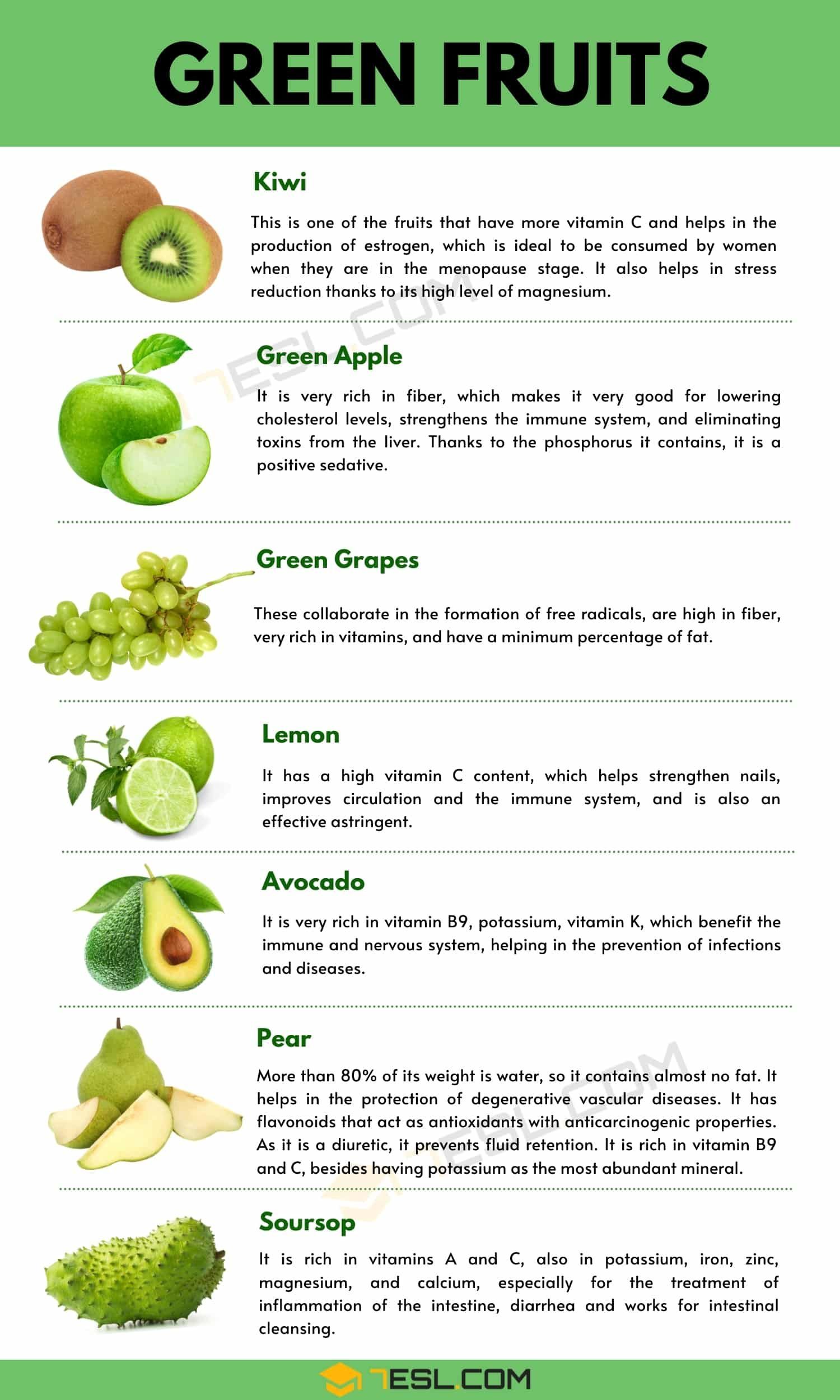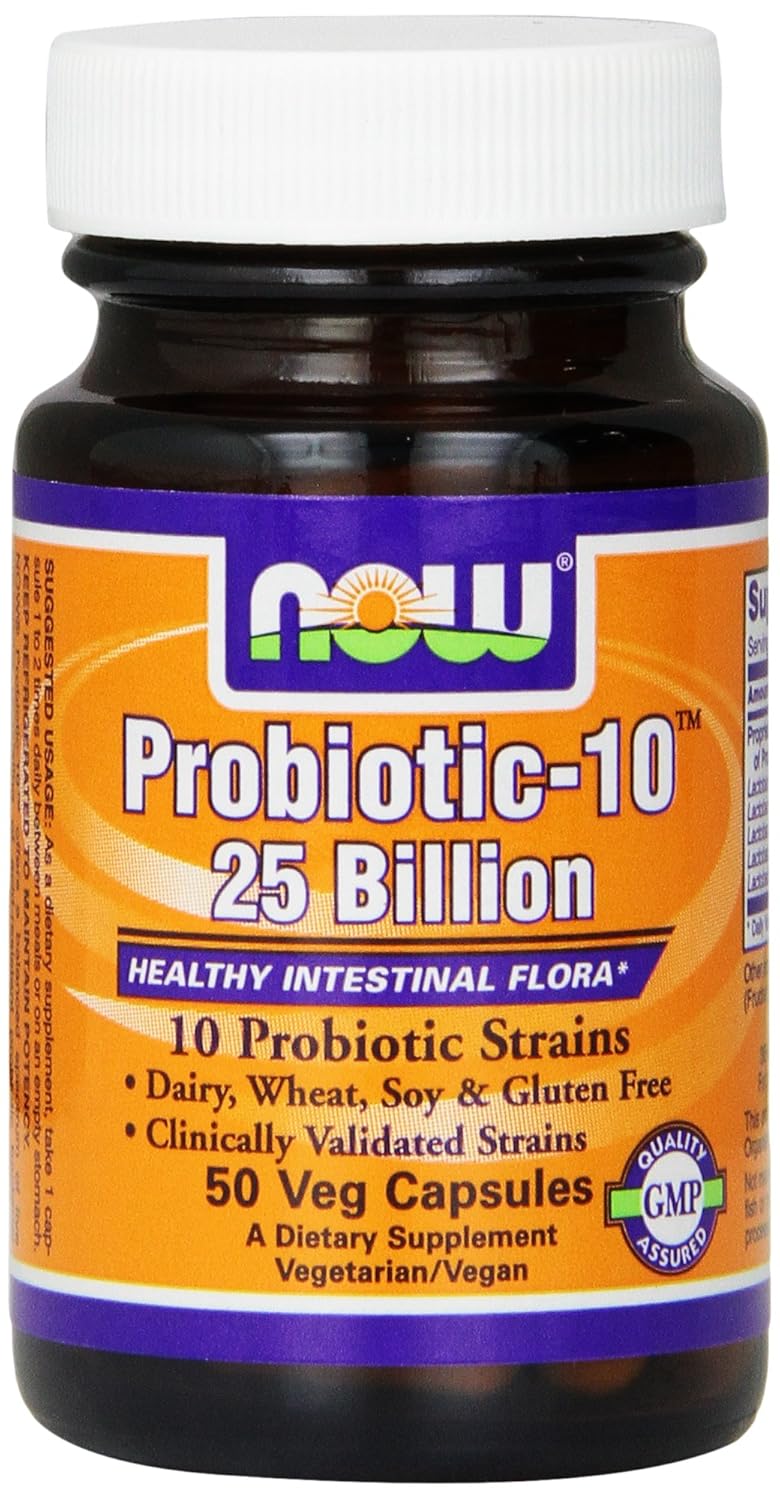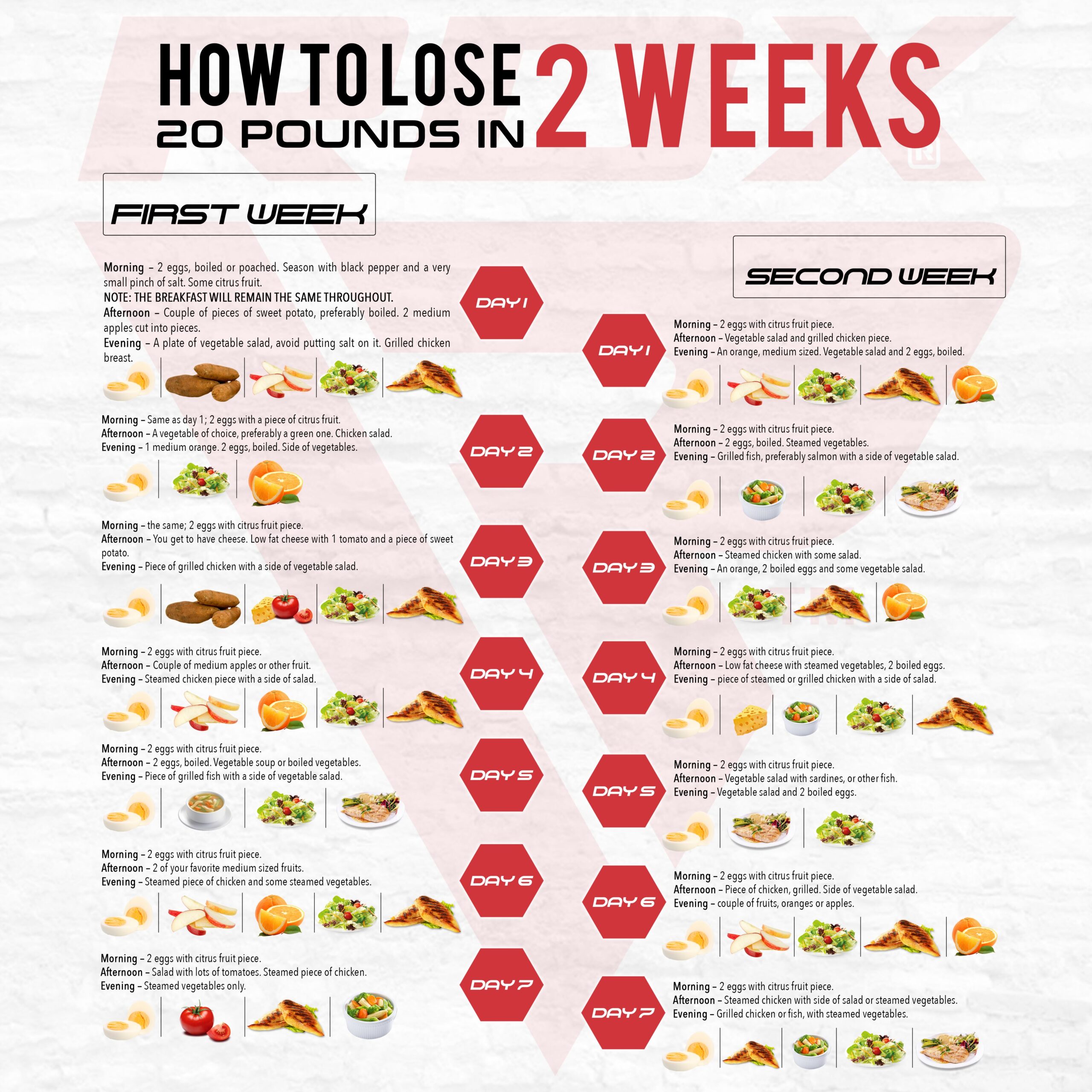Unlocking the Benefits of High-Fiber Foods for a Healthier Life
Introduction
In the pursuit of a healthier lifestyle, many overlook the crucial role that dietary fiber play in maintain optimal health. High fiber foods are not merely essential for digestive health but besides offer a plethora of benefits that can improve overall advantageously being. In this article, we’ll delve into the importance of high fiber foods, will explore various sources, and will provide practical tips for will incorporate them into your daily diet.
Understand dietary fiber
Dietary fiber, oftentimes refer to merely as fiber, is a type of carbohydrate that the body can not digest. Unlike other carbs, fiber pass through the digestive system comparatively intact and is categorized into two types:
 Source: bajajfinservhealth.in
Source: bajajfinservhealth.in - Soluble fiber: This type dissolves in water to form a gel like substance. It can help lower blood cholesterol and glucose levels. Common sources include oats, peas, beans, apples, and citrus fruits.
- Insoluble fiber: This type promote the movement of material through the digestive system and increase stool bulk. Good sources include whole wheat flour, wheat bran, nuts, and vegetables.
Health benefits of high fiber foods
Incorporate high fiber foods into your diet can lead to numerous health benefits, such as:
 Source: answerschoolford.z21.web.core.windows.net
Source: answerschoolford.z21.web.core.windows.net - Improved digestive health: Fiber normalize bowel movements, help to prevent constipation and promote a healthy gut.
- Weight management: High fiber foods tend to be more filling, which can help control appetite and support weight loss.
- Lower cholesterol levels: Soluble fiber can reduce levels of total blood cholesterol by lower low density lipoprotein, or” bad, ” holesterol.
- Stabilize blood sugar levels: Fiber, specially soluble fiber, can slow the absorption of sugar and help improve blood sugar levels.
- Reduced risk of certain diseases: A high intake of fiber is associate with a lower risk of develop heart disease, type 2 diabetes, and certain types of cancer.
Top sources of high fiber foods
To reap the benefits mention, consider add the follow high fiber foods to your meals:
- Fruits: Apples, bananas, oranges, strawberries, and raspberries are excellent sources.
- Vegetables: Carrots, beets, broccoli, and brussels sprouts are fiber rich vegetables.
- Legumes: Beans, lentils, and peas are pack with fiber.
- Whole grains: Brown rice, quinoa, oats, and whole wheat products offer significant fiber.
- Nuts and seeds: Almonds, chia seeds, and flaxseeds provide a fiber boost.
Real life example
Consider the story of john, a 45-year-old office worker who struggle with digestive issues and weight gain. After consult with a nutritionist, john begin integrate more high fiber foods into his diet, such as oatmeal for breakfast and salad with beans for lunch. Within months, he notices significant improvements in his digestion and lose 10 pounds. John’s energy levels too increase, showcase the transformative power of dietary fiber.
Tips for increasing fiber intake
Here are some practical tips for boost your fiber intake:
- Start your day with a fiber rich breakfast, such as oatmeal or a smoothie with fruits and spinach.
- Incorporate more legumes into your meals, such as add beans to soups or salads.
- Snack on fruits, vegetables, or a handful of nuts instead than process snacks.
- Choose whole grain products over refined grains.
- Gradually increase fiber intake to prevent digestive discomfort, and ensure adequate water consumption.
Conclusion
High fiber foods are a cornerstone of a balanced diet, offer a wide range of health benefits that can enhance your quality of life. By make small, sustainable changes to your eating habits, you can enjoy the numerous advantages that fiber provide. Explore more about high fiber foods and discover how they can fit into your lifestyle for long term health and vitality.



